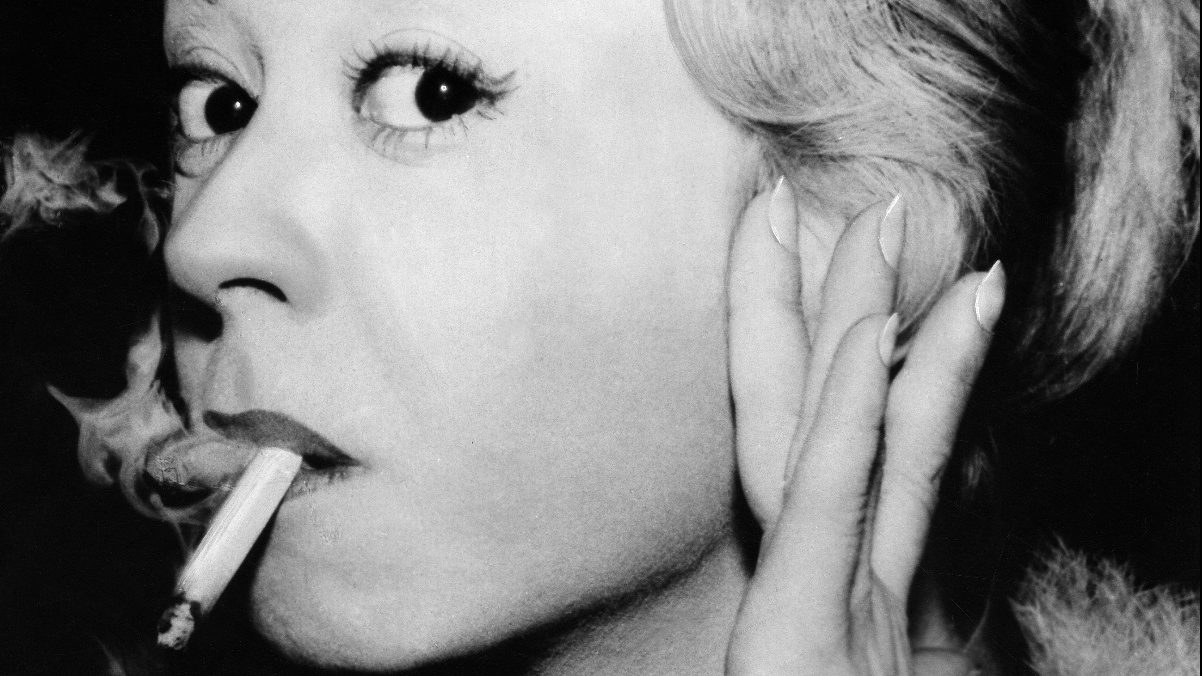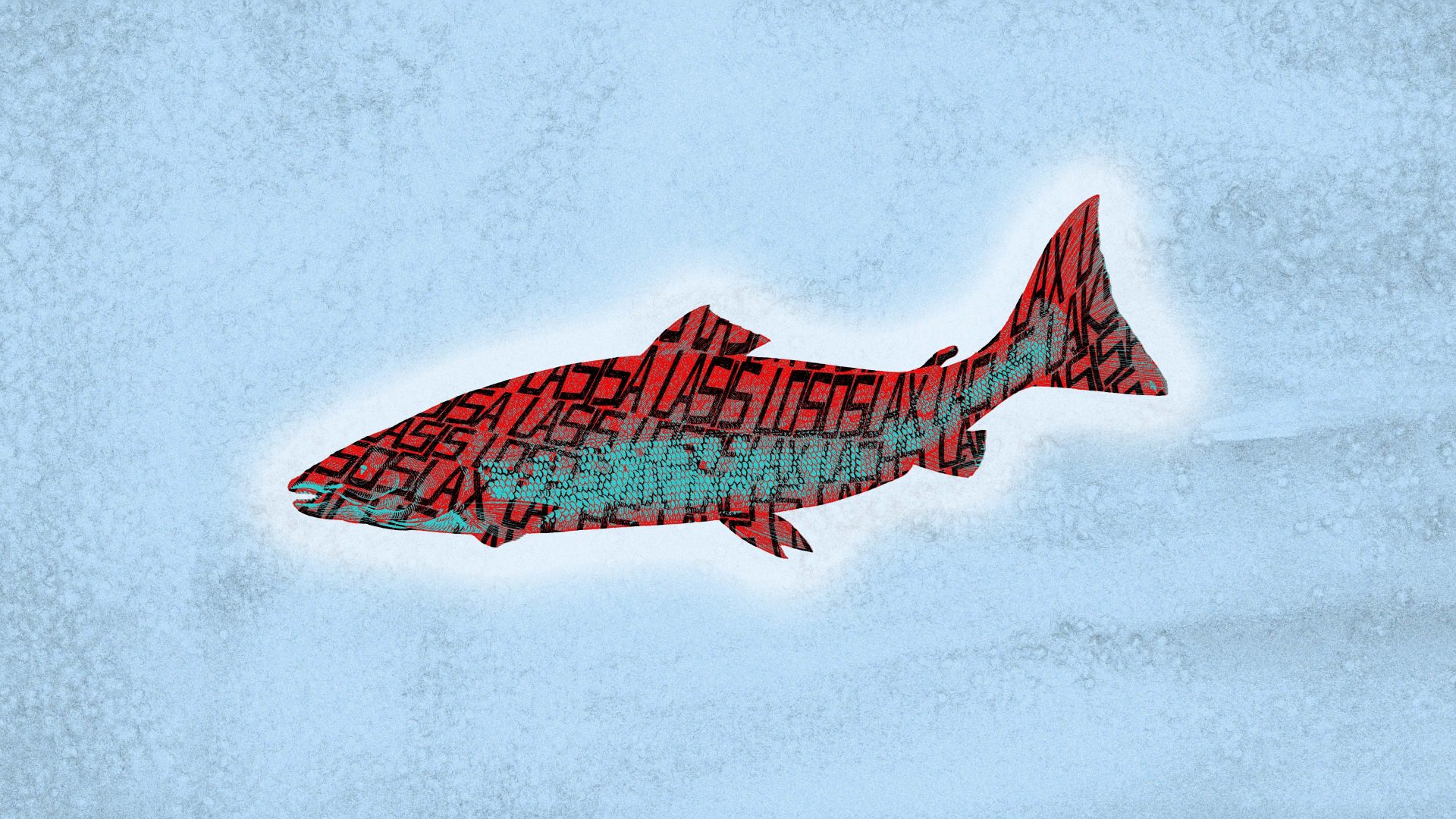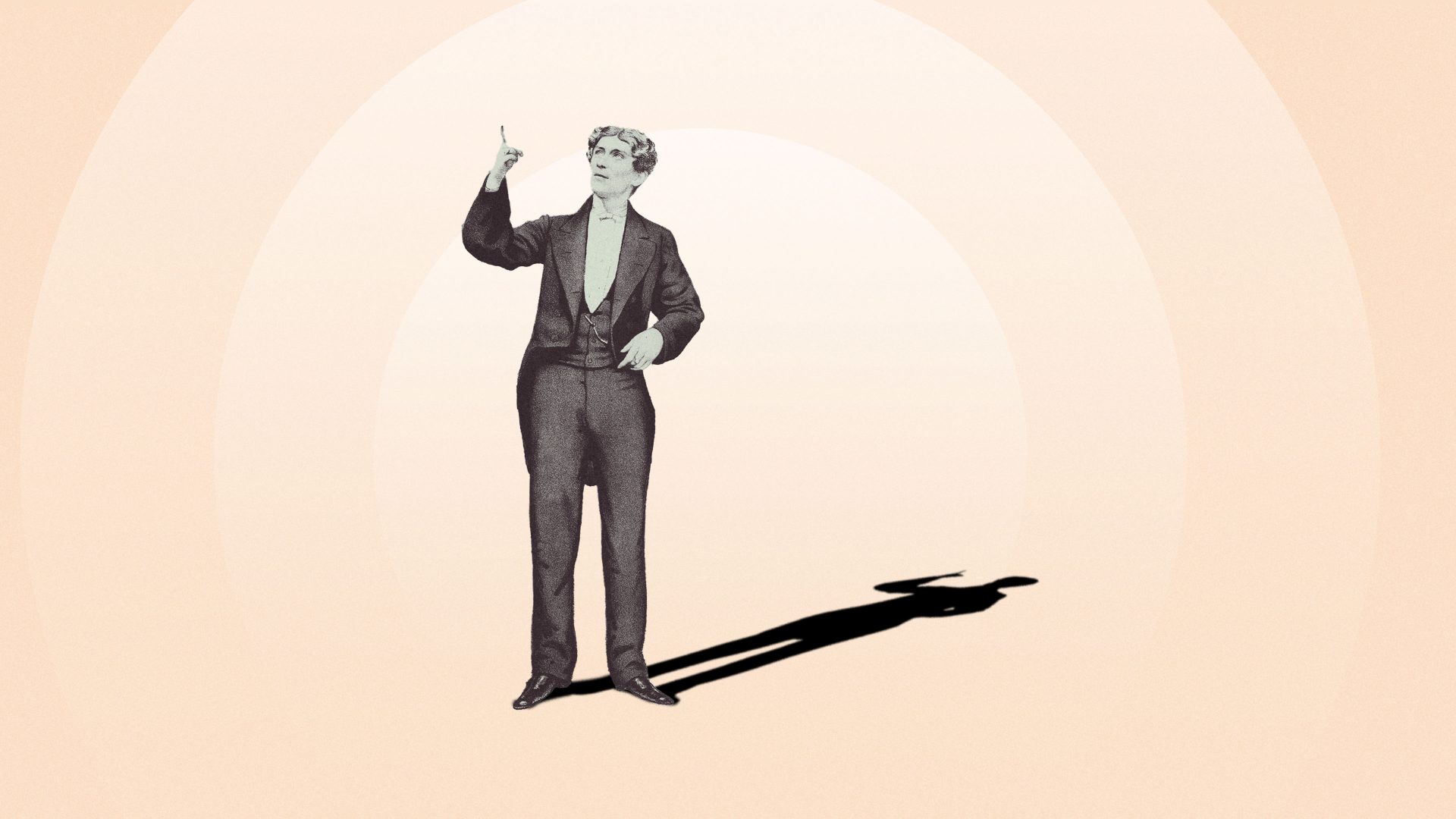In October 1990, Federico Fellini was in Tokyo, accompanied by his wife Giulietta Masina. Besieged by journalists as they arrived for a gala screening of Fellini’s La Voce della Luna, the director praised Masina as “my ideal actress, the one who inspires me, a magical presence in my work”.
“You’re lying,” smiled the 69-year-old, barely shoulder-height next to her husband. “I was never allowed on the set of films I wasn’t in because you found my presence unwelcome.”
He looked down at her. “Giulietta is my Beatrice,” he said.
“The truth is we have divided duties between ourselves,” she said, addressing the press pack. “Federico rules on the set, I rule at home, but he has always made me pay for the sovereignty I exercise indoors.
“I have never loved myself,” she continued, “being a little round-faced dwarf with bristly hair. Ever since I was preparing for La Strada I have dreamed that Federico would give me the face of Garbo or Katharine Hepburn. Instead he has made my face ever rounder and my hair ever more bristly and has shrunk me even more.”
“I made you more seductive than Jean Harlow or Marilyn Monroe,” Fellini beamed.
“As you all know, Federico loves women who are monumental, curvaceous, sumptuous,” she said. “But by being little and skinny I managed to sneak between those living statues disguised in the clothes of Gelsomina, Cabiria, Juliet of the Spirits, Ginger – and thus enjoy my revenge on him.”
Giulietta Masina did not make many films but such was her impact in classics such as La Strada and Nights of Cabiria she should be permitted a legacy not viewed through the prism of her husband. Yet so entwined personally and professionally were Masina and Fellini that it is almost impossible to assess her life without the legendary director’s overbearing presence. As that Tokyo exchange demonstrates, however, Masina was more than a match for Fellini, on and off set.
It’s hard to imagine anyone else in the role now but Fellini had to fight hard to cast Masina in 1954’s La Strada. At 32 the producers felt she was too old to play the naive assistant Gelsomina opposite Anthony Quinn’s charismatic bully Zampanò, a travelling showman with a strongman act. Producer Dino de Laurentiis wanted the glamorous – and younger – Silvana Mangano in the role, who also happened to be his wife, but Fellini stood firm. After all, in creating the character he had “utilised the real Giulietta, as I saw her”, and the producers were forced to concede, allowing Masina to give the performance of her career.
“Federico had cast me as the main actress for this film at a time when the maggiorate were in fashion,” she said, referring to the voluptuous actresses
of the age. “Well, I was small and thin. The producers knew I was good from
the theatre but were not sure of little, fragile me.”
With her huge eyes and round face, Masina conveyed a heartrending childlike innocence in the face of relentless mistreatment, bullying and poverty. In her battered top hat and frayed coat there was a hint of both Chaplin’s tramp and the Swiss clown Grock in Gelsomina. With facial expressions reminiscent of Stan Laurel and her natural clowning even harking back to the days of the commedia dell’arte, combined with her character’s heartbreaking vulnerability, Masina’s performance elevated La Strada to one of the greatest films in European cinema.
From her sowing tomato seeds on a piece of waste ground – even though the itinerant performers would be gone by the following morning – to the brief bonding she enjoys with a young nun at a priory where Gelsomina is permitted a brief and tantalising glimpse of a different kind of life, Masina dominates the screen throughout.
The film received a mixed critical reception but almost every review singled out Masina for praise. The Times said that “in directing this piece of vagabondage Federico Fellini spares the audience nothing in the way of bestiality and degradation; this is realism crowing on a dung-hill”. The film was, however, saved by Masina’s “infinitely moving” Gelsomina.
That character was the first of a string of childlike waifs Masina would bring to the screen, most often for Fellini. In 1957 she played the title role in Nights of Cabiria, playing a Roman prostitute in a role that won her the Best Actress award at Cannes as well as helping to secure an Oscar for Best Foreign Language Film.
Despite these unqualified successes, Masina seemed uncertain of her own abilities.
“The characters of Gelsomina and Cabiria could not have been born without Giulietta,” said Fellini. “In one respect she was glad that I had chosen her to play the characters, but in another she was reluctant and made a bit of a fuss, as if she were unwilling to give expression to something dark and enigmatic within herself.”
Having taken up acting while studying for a philology degree at the University of Rome, Bologna-born Masina met Fellini in 1942 while working on the popular Italian radio series Cico e Pallina, on which Fellini was a scriptwriter. Their romance was immediate and intense, and within months Fellini sent Masina a pair of geese with a note attached to one reading: “Pallina, will you marry me?”
Their marriage would endure – Fellini died the day after their 50th wedding anniversary – but despite Masina’s devout Catholicism it was far from a conventional one, with the director indulging in numerous extramarital affairs.
“The word marriage is not appropriate in our case,” said Masina. “We haven’t been parents; haven’t raised children. It would be better to speak of a couple, two people who remain together of their own free will.”
Disagreements with her husband on the set of Nights in Cabiria led to the conclusion they could work together or be married to each other but not both. Masina did not appear in another Fellini vehicle for almost a decade until 1965’s Giulietta degli spiriti (Juliet of the Spirits), in which she played a bored, middle-class Roman housewife with a philandering husband (“the least autobiographical of all my films,” insisted Fellini).
Masina stayed away from the big screen for most of the next two decades, returning in 1985 aged 64 to star opposite Marcello Mastroianni in Fellini’s Ginger e Fred about a pair of ageing Fred Astaire and Ginger Rogers impersonators reuniting for a television show. She scotched talk of a comeback, however, preferring to dedicate her time to the declining health of her husband.
Despite her string of unforgettable performances, Masina shied away from exploring the full range of her talents, perhaps fearful of being seen purely as the creation of her spouse.
“Success also means being careful not to make mistakes because you develop a certain kind of fear,” she said towards the end of her life. “You are scared to accept roles that are different. You are scared you will cancel the success you had. You are scared to disappoint the critics and the public.”




